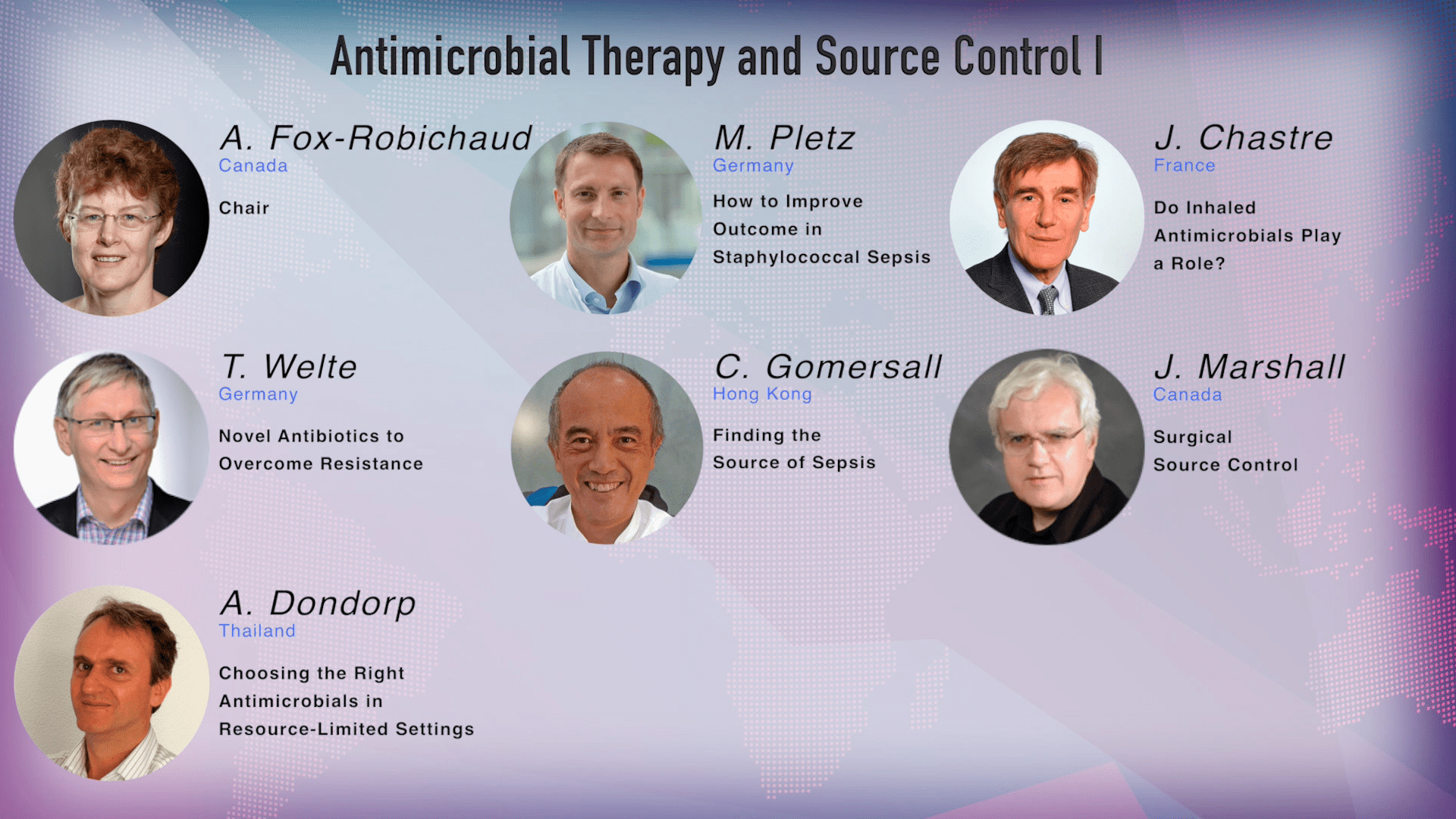Our beautiful twin daughters, Lucy and Sophie, graced our lives on December 29th, 2001 — right on time to spend our first New Year’s Eve together as a family back home.
From a young age, the twins showed an interest in gymnastics. While some would say they were naturals, Sophie often had stage fright during competitions. That's when Lucy would quickly step in and pretend to be her: she even took both the gold and bronze medal in one competition!
Lucy’s gymnastics career advanced quickly. She joined the Welsh Gymnastics Squad and performed internationally in Turin, Italy. She wasn’t a fan of Italian food though and lived on peanuts all week. In 2017, she joined the King Edmund Gym Club in Bristol where she amazed us with her strength and determination. Her hope was to compete in the Olympics one day.
But after a weekend of flu-like symptoms in May 2018, Lucy was referred to the hospital on a Monday morning. She was treated for 12 hours for chest pains and breathing difficulties, but with no diagnosis. Following numerous blood tests and X-rays, she had mottling in her legs. Eventually, a CT scan showed fluid around her heart.
Before we knew it, Lucy was rushed to an operating room and had the fluid drained. For a brief moment, she was stable and without pain. But within an hour, she had to be put into an induced coma while they tried to find the cause of what they believed to be sepsis. We had no idea of how serious sepsis could be until this point.
My 78-year-old father had been treated for sepsis just five months earlier, and due to Australian flu being rife, his doctors managed to identify and treat it. But how was this happening to our fit, athletic daughter?
A consultant walked into the family room and told us the news we’d been dreading: they could not find the cause of the sepsis, there was no sign of improvement. In fact, it was likely that Lucy would die. In utter panic, Sophie threw her drink across the room and fainted, and we all broke down.
After a couple of hours, Lucy arrested, and Cath and I watched as our daughter had to be brought back to life before her condition deteriorated further. She arrested again, and a specialist team was called from the Royal Brompton Hospital with an ECMO to filter her blood. Despite being manufactured just down the road in Swansea, there wasn’t a single hospital in Wales with an ECMO at hand and the wait for the helicopter was two hours. Before the team could make it, our daughter tragically passed away.
Our lives changed forever on May 15th. Our family and friends are still struggling to come to terms with the loss. The grief of losing Lucy is just indescribable. However, we’ll always think back to our time in Turin for her gymnastics competition. She sat me down at some point and said that she wanted to be remembered for something, that she wanted to be written in history books for being someone that made a difference to this world.
She certainly did make a difference to a lot of people in her short life. Her family and friends meant everything to her, and she was full of love, kindness, and empathy for everyone at home, at school and the gym.
And we’ve established the Lucy Ellis Foundation in her memory: a Welsh registered charity on a mission to save and transform lives. Through the foundation, we’re campaigning for better awareness of sepsis, raising money for specialist equipment and training for hospitals in Wales, and offering athletic scholarships to help underprivileged children and teens pursue their dreams — something we know Lucy would be proud of. Together, we can make a difference.
The article above was written by Neil Ellis, Lucy’s father, and is shared here with his explicit consent. The views in the article do not necessarily represent those of the Global Sepsis Alliance. They are not intended or implied to be a substitute for professional medical advice. The whole team here at the GSA and World Sepsis Day wishes to thank Neil and his family for sharing Lucy’s story and for fighting to raise awareness of sepsis.
To help us avoid similar stories in the future, please consider donating to support our cause. Thank you.














